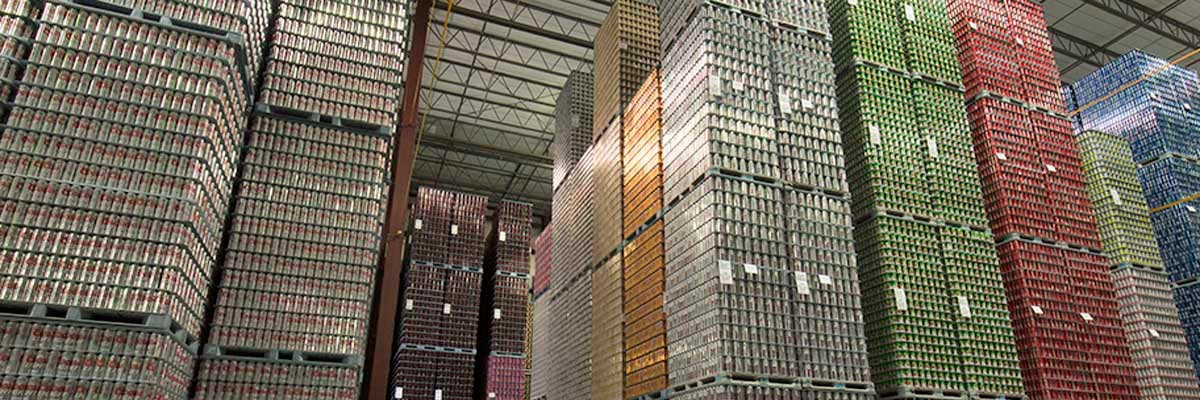

Ball Corporation has announced the inauguration of its beverage can manufacturing plant in Spain located in Cabanillas del Campo, Guadalajara.
With new can plant, which represents for Ball a significant investment of more than 100 million euros, the company expands its presence in Spain, where it already has another production facility located in La Selva del Camp (Tarragona).
{alcircleadd}The plant will produce aluminium speciality cans with an annual production capacity of 1.6 billion units from two production lines. Cabanillas plant will use 15 percent less energy and 22 percent less water compared to an average plant. It produces STARcan, Ball’s most metal-efficient can, a next-generation can which leverages the company’s technology and weight-optimisation know-how.

The new plant demonstrates company’s commitment to supporting its customers in Spain and Southern Europe. With a consumption of 7,500 million cans a year, Spain is the second largest beverage can market in Europe.
Daniel W. Fisher, senior vice president and chief operating officer, Global Beverage Packaging, said, “We aim to build strong, durable relationships with our customers. Our investment in this state-of-the-art facility in Cabanillas demonstrates our goal to support customers in Spain and in Southern Europe with their growth ambitions. In addition, the plant illustrates our commitment to sustainable operations, and our vision of making the can the most sustainable package. Ball is proud to have built this plant in Spain, and we welcome Cabanillas to our worldwide network.”
Colin Gillis, President, Ball Beverage Packaging Europe commented: “Throughout the construction process and the training of the plant’s new employees, the Spanish team has drawn on the experience of their Ball colleagues at other plants and offices across Europe. This close cooperation has resulted in the construction of a world-class beverage can manufacturing facility that will deliver quality, speed and increased environmental efficiency, while maintaining focus on the safety of operations at all times.”
Responses








